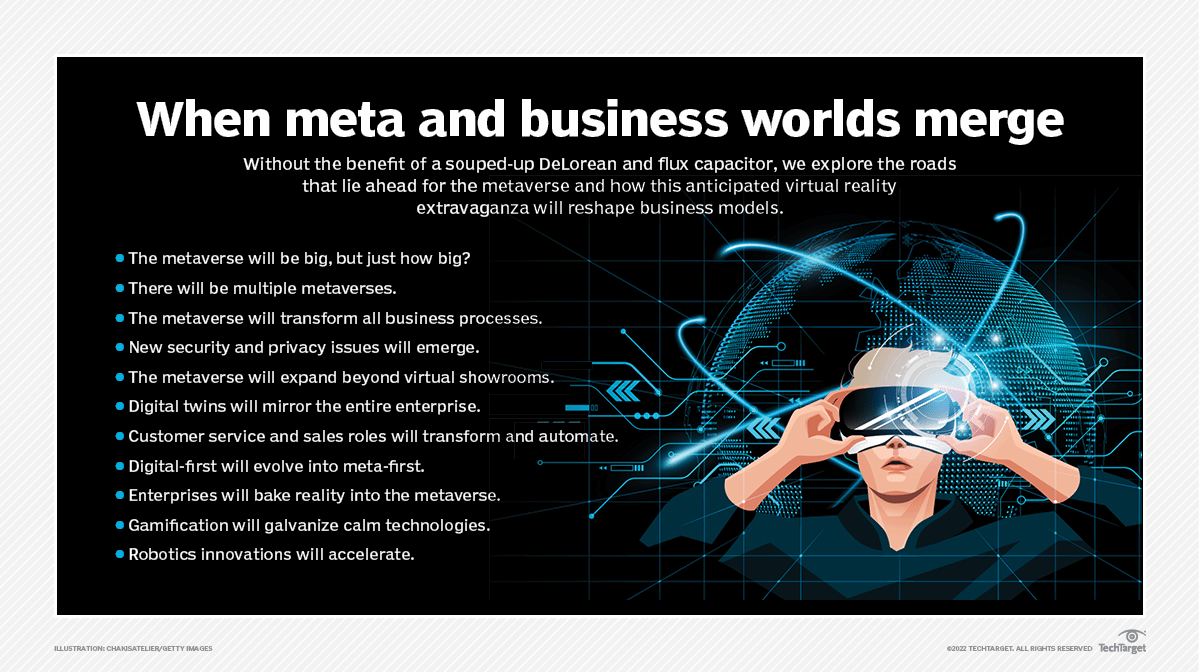Announcements
- Cloud security threats in 2023 range from data breaches and lack of cloud security architecture and strategy, all the way to insider threats and insecure interfaces and APIs. The threats are numerous, and creating and implementing a strategy to contend with them all is more complex than ever before. Join cloud security experts for a special three-day Summit where they’ll share best practices and insights into how IT security leaders can get ahead of cloud complexity and protect their businesses, customers, partners and supply chains.
- Digital transformation is essential for companies to survive and thrive among today’s volatile market and the proliferation of hybrid workforces. IT leaders need guidance on how to best digitize their environments in a way that ensures they are utilizing the right technology, and all areas of the business will reap the benefits. Join expert thought leaders for the three-day Accelerating Digital Transformation summit to hear digital transformation success stories, how advancing technologies like AI and RPA can enhance transformation efforts, and proven tips to integrate these new practices.

The Analytics of Ranked Voting
Elections and sports are candy for data analysts. While they may not necessarily be that interested in the outcome of either form of competition from a fan/supporter standpoint, the volume and richness of data coming from either of these provides a chance to build models not tied to one’s paycheck (in most cases). Thus, when the fundamentals of elections, in particular, change, analysts take note.
One such change is beginning to happen in several states in the U.S. (as well as in a number of other countries). Most elections tended to be of the first-past-the-gate variety (which I’ll refer to here as the Gate Strategy). The Gate Strategy says simply that if you have multiple candidates, the candidate that receives the most votes wins. In the U.S., this is usually modified as a two-pass system, where each party has a primary to choose its standard bearer. The winner of each party race then goes on to a general election.
There are a few significant problems with a two-pass Gate Strategy. One consequence of this is that, over time, it tends to converge to a two-party system that shuts out other competitors, and the only real role that a third-party can take is to act as a spoiler. It also means that when one particular party dominates in a given state, some races might not even have opposition candidates, even when there are differences of opinion.
A Ranked Choice Voting system takes a different approach. In a Ranked Choice, candidates from any party (or those with no party affiliation) can stand for election. Voters rank their preferences, and the top three candidates then go onto a second election, where the top vote receiver wins the election. A referendum passed in this latest election cycle makes Nevada a Ranked Choice state, joining Alaska and Maine. Significantly, these states all have had a history of independent candidates.
A variation of Ranked Choice Voting is often called an Open Primary System. States such as California, Oregon, and Washington State use such Open Primaries. In this case, the primaries are similarly open. Still, if no candidate wins an outright majority, then the top two vote-getters go into a general election regardless of party affiliation. In a pure RCV system, the process would be iteratively repeated, eliminating lower-ranked candidates until only two candidates were left. Still, in practice, the cost of elections usually limits this to a two-step process.
Variants of RCV change the dynamics of an election considerably. It’s worth noting that the purpose of any election is to create a representative sample of the population in question that primarily reflects the values or interests of an average person in that region. This is, in fact, the definition of representative democracy. The Gate Strategy tends to create two strong poles representing a proposed consensus of what that “average citizen” actually looks like, then identifies multiple potential candidates that best embody that consensus.
Coupled with other factors, the Gate Strategy creates polarization. This can be problematic when neither party necessarily reflects a consensus of values (or the true consensus is somewhere between). This can also be exacerbated by gerrymandering and other disenfranchisement, all of which essentially either reduce the sample size or increase the sample’s variance (margin of error).
Representative democracy works because the people brought together represent viewpoints from different perspectives roughly in proportion to the population distribution. The debate is the real business of government – each of these representatives has to sell the priorities of his or her region to others with similar priorities to achieve a consensus. This is not mob rule, as its opponents’ categorizations frequently label it – simply because a majority originally has a specific view does not mean they cannot be otherwise convinced. Moreover, it is preferable to a minority view imposed by gaming the system and one that may not represent that consensus, no matter how correct those view-holders may believe themselves to be.
In media res,
Kurt Cagle
Community Editor,
Data Science Central
DSC Editorial Calendar: November 2022
Every month, I’ll update this section with many topics I’m especially looking for and are more likely to be featured in our spotlight area. If you are interested in tackling one or more of these topics, we have the budget for dedicated articles. Please contact Kurt Cagle for details.
- ESG (Environment-Social-Governance)
- Digital Privacy
- The Electric Economy
- VUCA (Volatility-Uncertainty-Complexity-Ambiguity)
- Labeled Property Graphs
- Inferential Machine Learning
- Geospatial Data
- Drone Traffic Control
- Linguistic Intelligence
- Ethical AI
If you are interested in posting something else, that’s fine too, but these are areas that we believe are hot right now.



